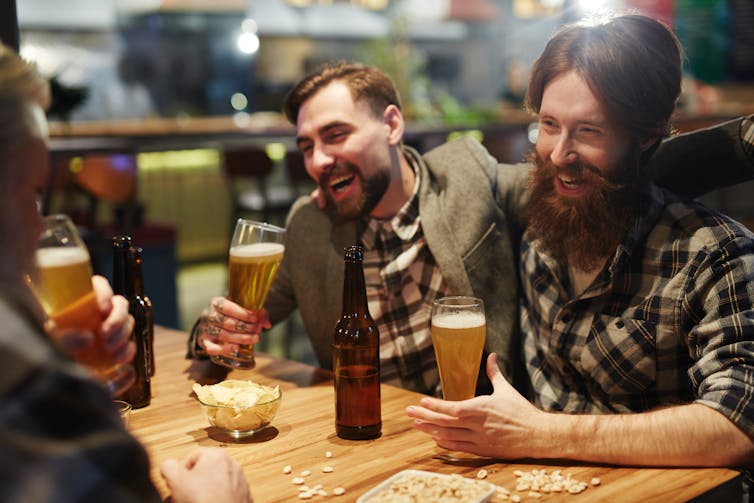Emmanuel Kuntsche, La Trobe University and Sarah Callinan, La Trobe University
It’s easy to see alcohol consumption being a result of thousands of years of ritual and a lifetime of habit. But have you ever stopped to consider why it is you choose to drink?
Knowing what motivates people to drink is important to better understanding their needs when it comes to encouraging them to drink less, or in a less harmful way.
The four types
Personally, everyone can come up with many reasons why he or she is drinking, which makes a scientific understanding of the reasons difficult. But there is something called the motivational model of alcohol use, that argues we drink because we expect a change in how we feel after we do.
Originally developed to help treat alcohol dependence, the ideas described in the model led to a new understanding of what motivates people to drink.


